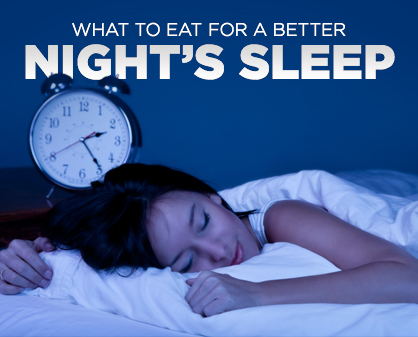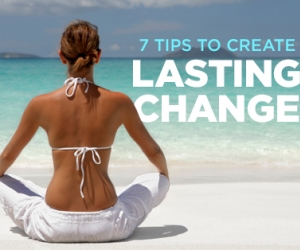Find Out How To Sleep Better Every Night
Quality sleep is essential for good health
Most of us are exhausted and don’t even know it. Getting a good night’s sleep is essential for good health and it’s as crucial to well-being as proper diet and exercise.
The following expert tips will help you optimize your sleep so you can be productive, mentally sharp, emotionally balanced, and full of energy all day long.


Relax before bedtime
It’s essential to relax before bedtime arrives. Kenny Kline, founder of Slumber Sage, said, “The number one issue for preventing sleep is stress and an active mind. When someone comes to me and says that they are not able to sleep regularly, the first thing I advise them to do is to meditate in the evening for 10-30 minutes. This relaxes them and trains them to quiet their mind.
Cut out the caffeine
Kline said, “A second area if impact for sleep is diet. Avoiding food/drinks that prevent sleep, like caffeine, is obvious. However, some people drink a cup of coffee early in the day and don't think that this affects how they sleep many hours later. I always say cut out the caffeine, even if it's early in the morning. If you're messing with your sleep cycle at any point in the day, it may have unintended consequences. The trouble is that people don't often know that they're sleeping poorly, or that they have the opportunity to sleep better. General fatigue is an obvious sign, as is irritability or a feeling of being unsettled. Lack of sleep can exacerbate negative feelings in general.”

Focus on your wake-up time
The most important aspect of your daily sleep routine is your wake-up time, said Dr. Melissa Lim, founder of Mobile Sleep Doc, a mobile sleep app. “This is counter-intuitive for many, as more often than not, people focus more on their bedtime than their wake-up time. However, by focusing on your wake-up time, your brain will begin to learn when your natural bedtime should be,” she said.
Lim said, “There are ‘short sleepers’ and ‘long sleepers’, but most people need somewhere between 7-9 hours of sleep at night to feel mentally refreshed when they get up. If you don’t know how much sleep you personally need to feel refreshed, target an initial time frame between 7-8 hours.
Keep a sleep schedule
Lim suggested that everyone should keep a regular sleep schedule detailing their wake-up time and bedtime, even when there are difficulties falling asleep some nights. “This helps your brain give you the right stages of sleep during the right part of the night,” she said.
Cut out the pre-bedtime technology
Stop interacting with technology at least one hour before bed (e.g., checking email and working on computers and cell phones). Avoid troubling or suspenseful television programs as well, Lim said.
Create the right setting
Lim said it’s important to keep a bedroom cool and dark, in order to maximize the quality of sleep. If a room is too warm, it will shorten your sleep time. If your bedroom is too bright at night, purchase inexpensive blackout curtains or a liner for your existing curtain.

Regulate your sleep to avoid overeating
Poor sleep can also lead to overeating and weight gain. Dr. Julie Friedman, a sleep and obesity expert at the Insight Behavioral Health Center in Chicago, said it’s important to regulate your sleep. “Sleep deprivation increases stress eating and lowers your resistance to food in general. There is a double whammy here – sleep deprivation also slows your resting metabolic rate also leaving you more likely to gain weight. Use your bed for sleep and sex only and get out of bed and/or read if you have been awake in bed for more than 10 minutes. Being tired makes you more vulnerable to stress eating.”
Use a fitness and activity tracker
Many of the activity trackers on the market, such as Jawbone and Fitbit, also work as sleep trackers. These devices monitor the quality of your sleep, and how many times you wake during the night, so you can see how various items, such as exercise, alcohol or caffeine, affect your sleep. You can compare data from different days and weeks to look for patterns and figure out what helps you sleep better.
Get more exercise
Regular cardiovascular exercise has been demonstrated to improve our ability to fall asleep and to sleep more soundly, among many other benefits,” said Stephanie Mihalas, Ph.D., a psychologist and clinical instructor at The David Geffen School of Medicine at UCLA.
When all else fails, see a doctor
Don’t ignore it if you or your partner snores excessively, or if you ever wake up during the night feeling short of breath, and routinely feel poorly rested even after a full night's sleep because these are signs of sleep apnea, Mihalas said.



